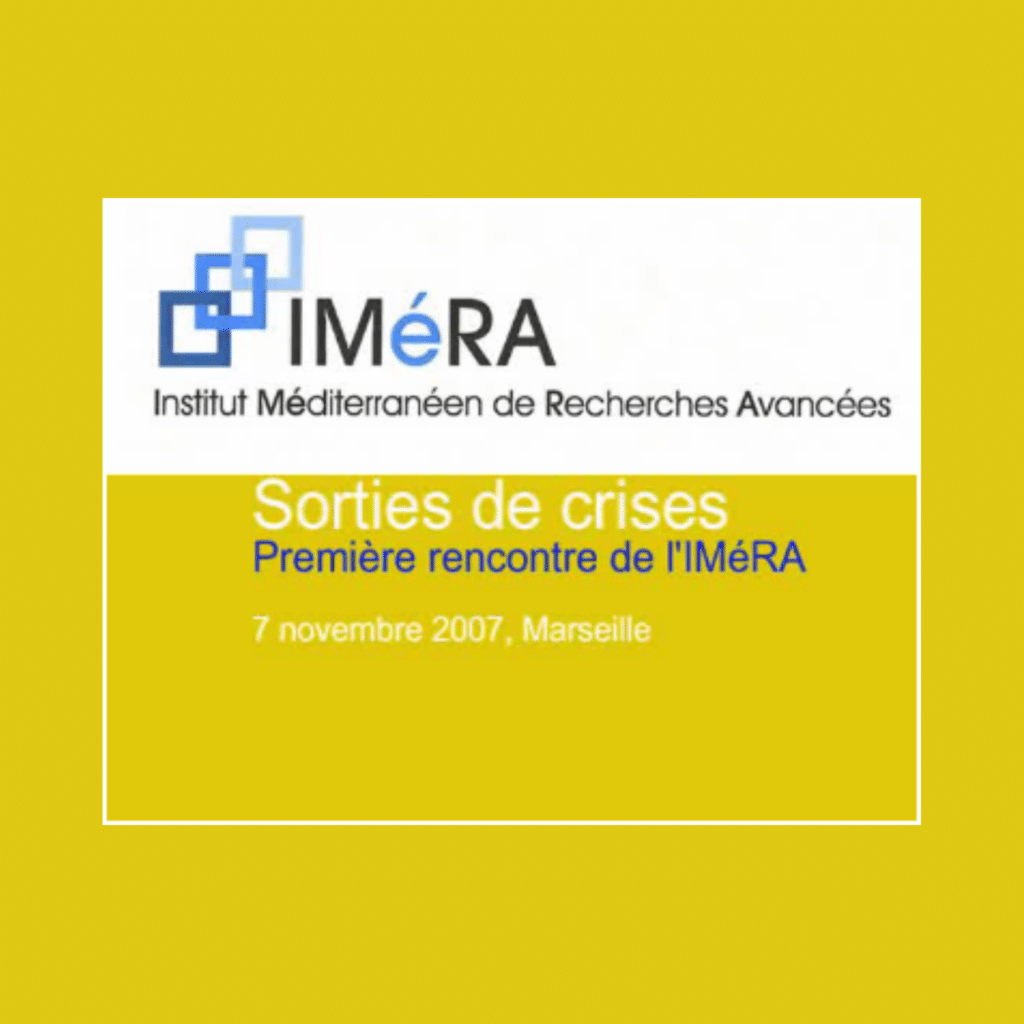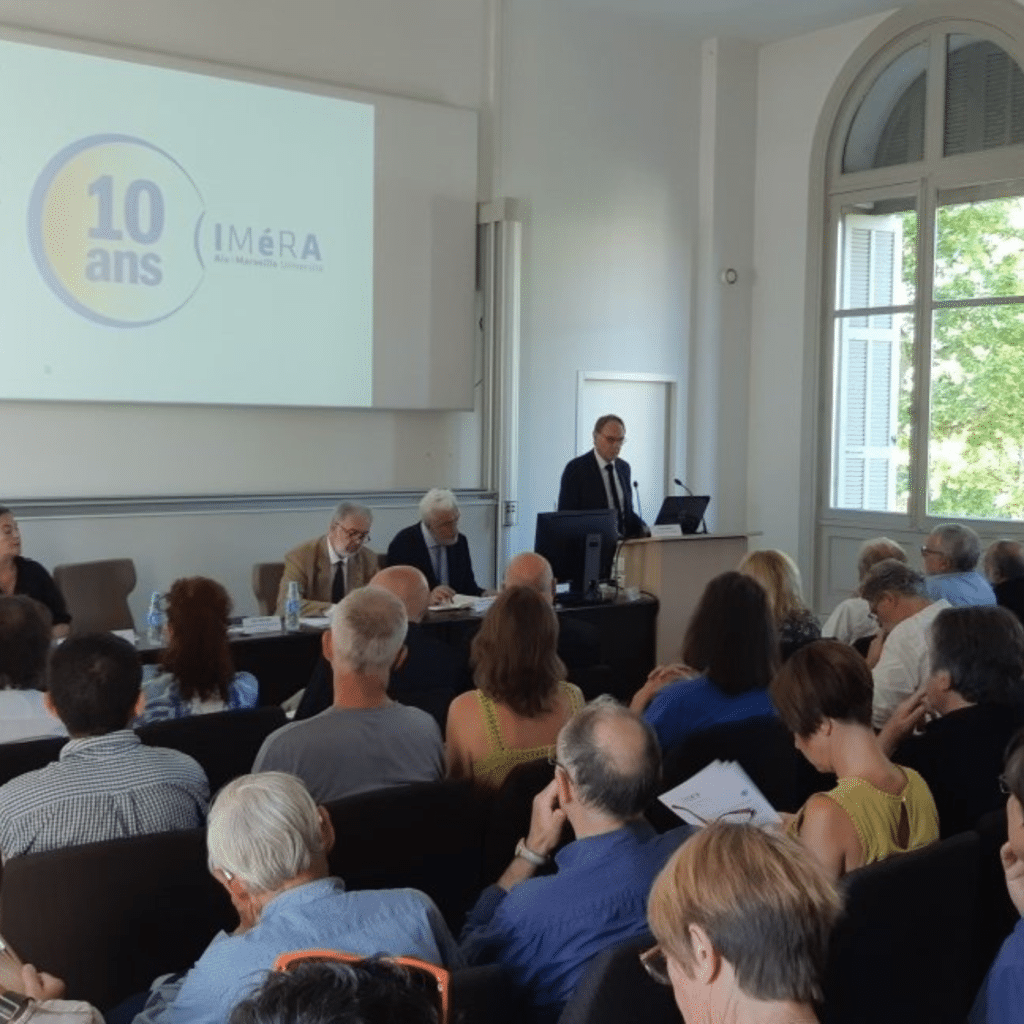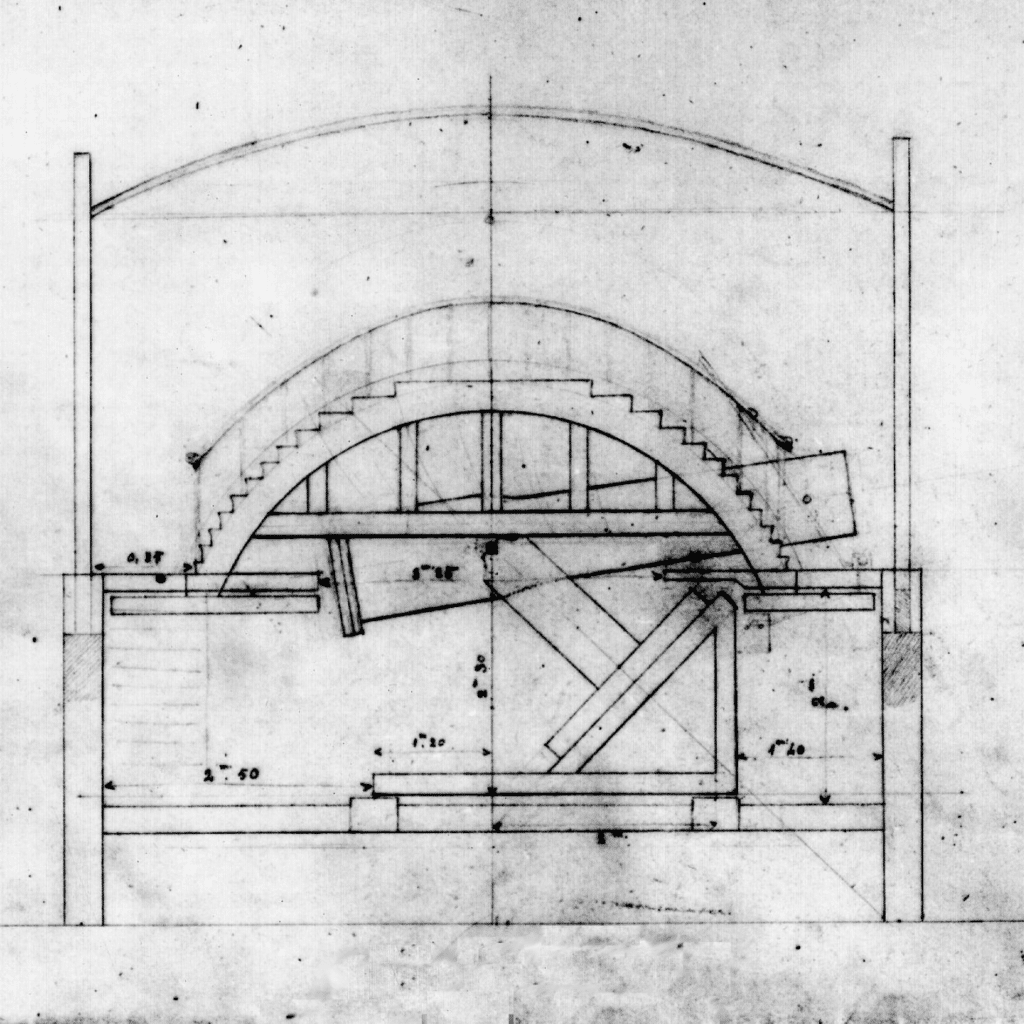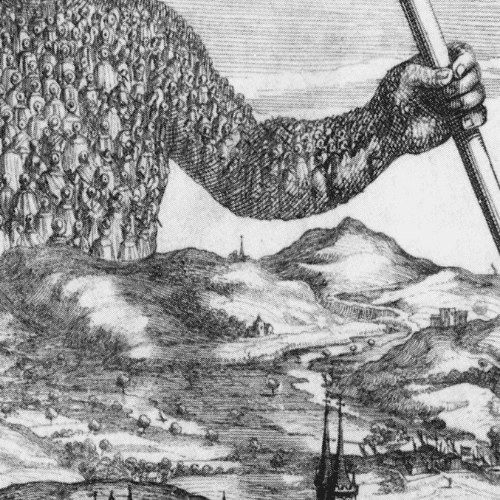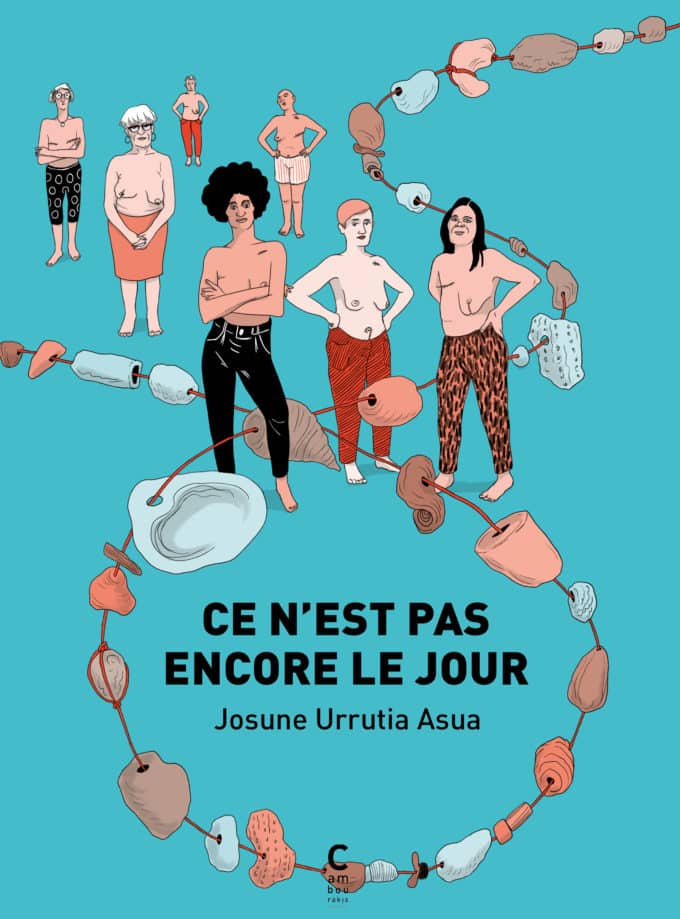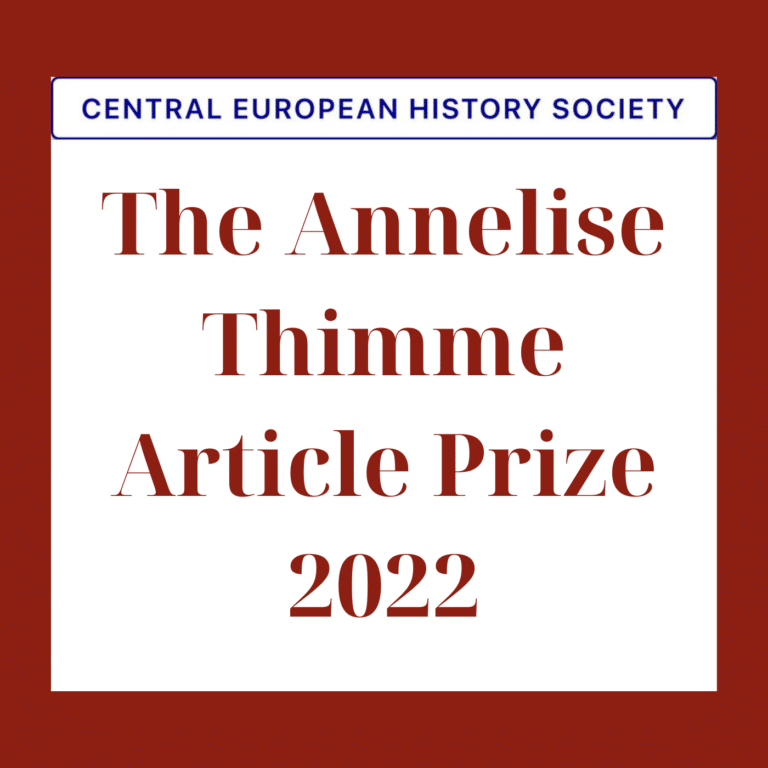The idea of Imera is full and complete interdisciplinarity, well beyond the humanities (…) first of all the fact that it was necessary to have a very broad, as broad as possible, concept of interdisciplinary; then that it was necessary to focus on the conceptions of the world and the lifestyles of the researchers
Robert Ilbert, founder of the Imera
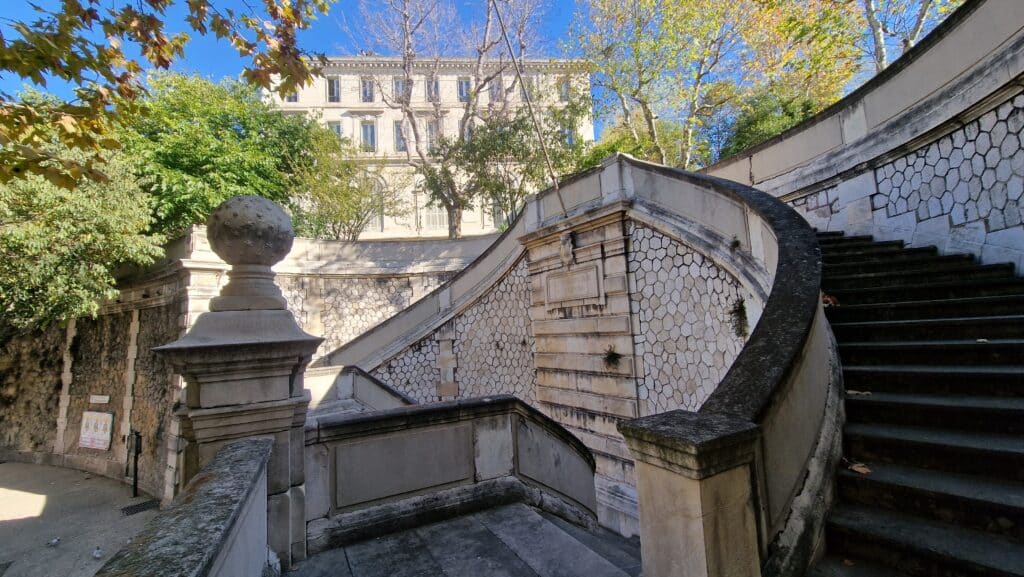
Context of the creation of Iméra
In the 2000s, the creation of the Institut d’études avancées d’Aix-Marseille (Iméra) met two major and increasingly essential objectives in the European research landscape: its internationalization and the development of interdisciplinary thinking at the outset. Both the process of the definition of Iméra and its final project are based on significant human and institutional encounters with the challenge of experimenting with a new type of place of knowledge.
Initially perceived as utopian, the possibility of an institute of advanced studies in the metropolis of Aix-Marseille has germinated in the visionary spirit of the historian of the Mediterranean, Robert Ilbert, founder of the Mediterranean House of Human Sciences (MMSH). The framework for reflection is also national, concomitant with the establishment of the French Network of Institutes of Advanced Studies (RFIEA), born in 2006 and supported by the Ministry of Higher Education, of which Iméra became a member in 2007. The RFIEA offers a reference framework, international visibility and a powerful lever for future joint projects to member French study institutes, all of which are emerging in these years (Nantes, Lyon and Paris).
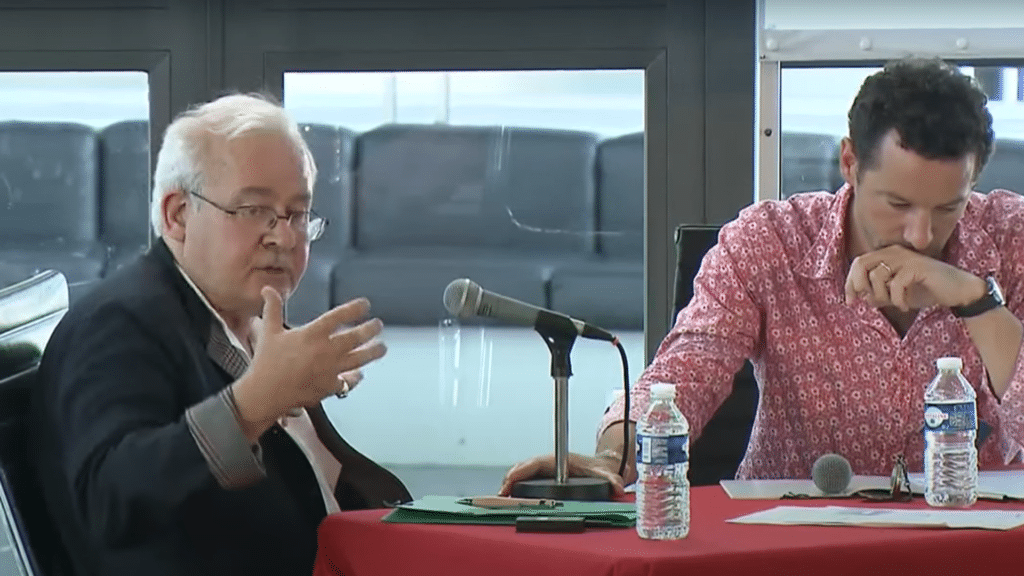
The first scientific orientations of the institute
On 31 May 2007, the Iméra project – then designated as the future Mediterranean Institute for Advanced Research in Aix-Marseille – was officially confirmed as a foreshadowing association resulting from a close alliance between the CNRS and the three local universities (universities of Provence, Paul Cézanne and the Mediterranean) before their merger in 2012. In particular, this status provides the right conditions for the establishment, between 2007 and 2009, of a scientific project that focuses on the human dimension of science.
The inaugural topic is “crisis observation” in a series of closed-door meetings, led by a collective of scientists and artists, and public meetings. The diversity of the associated profiles shows a great openness to all means of exploring the real. Iméra thus asserts itself as a real place of research: two poles are created, offering complementary horizons for the study of crises, among which are distributed the researchers in residence: on the one hand, the pole Arts, sciences, instrumentations and languages (ASIL) ; on the other, the Mediterranean pole.
It is in this context that the first call for applications for the Iméra was launched in 2008-2009, after which the first seven residents were selected.

The merger of the three universities of the Aix-Marseille site on January 1, 2012, is crucial for the sustainability of Iméra, in 2013, as a university foundation of Aix-Marseille University (AMU). This milestone marks the recognition of the institute as the University-based Institute for Advanced Study (UBIAS), a status that allows it to join the global network of the same name in 2018, following integration into the European NETIAS network in 2016: it is connected to the research centres of the universities of the site, but at the same time having its own scientific policy.
The now multi-site university encompasses almost all disciplines, giving it a tremendous advantage in addressing complex scientific issues that only interdisciplinarity can solve. At this place, the institute plays a leading role in the structuring of this immense university by interdisciplinarity because it offers opportunities for meetings between researchers of laboratories of the site of Aix-Marseille with very diverse specialties, and provides them with the expertise of the international residents it welcomes.
These are carried out in particular within the framework of cross-sectoral seminar cycles, also open to doctoral students: after the subject of the crisis, new transversal federating objects characterize the scientific orientation of the Iméra as borders; networks, complex systems and their dynamics.
A structuring by scientific programs
From 2016, the institute’s scientific policy is based on research programmes devoted to the “Arts, Sciences and Societies”, the “Mediterranean”, the “Cross-Viewpoints: Explorations of Interdisciplinarity”, and “Global Phenomena and Regulations”. The first three are inscribed in the statutes of the foundation while the fourth changes in function of the scientific director, which became in 2021-22 «Necessary Utopias».
The reception of international researchers, who remain their main objective, is now increasingly taking place within the framework of co-thematic partnership chairs. Funded and co-facilitated with local research centres and national and international scientific and cultural organizations, the preferred tools for building sustainable collaborations.
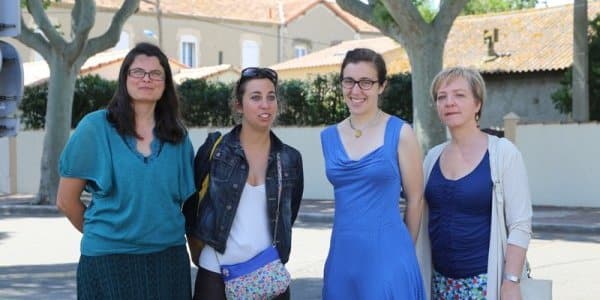
From 2016 to today, the activity of a given program typically revolves around annual cycles, one or more chairs, and other events mounted by residents in collaboration with researchers/institutions of Aix-Marseille University or external. Collaborations with the site take a wide variety of forms, from colloquiums to closed-door research groups, to artist conferences and forums.
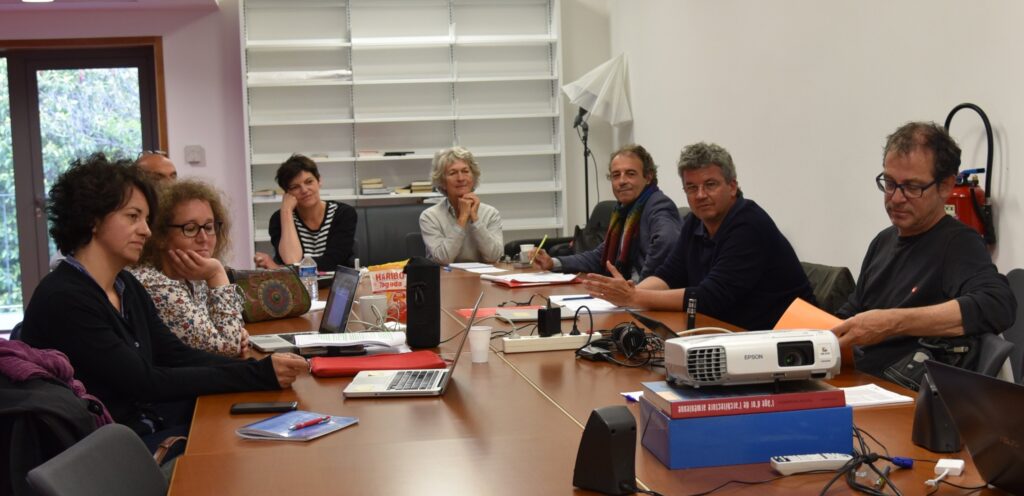
Ever more aligned with the international standards of institutes of advanced studies, the Iméra has a real weekly Community Building Seminar that brings together all residents, all programs, and the scientific team.
Between 2019 and 2022, the fellows figures are diversifying, in addition to the central and most common figure of the annual residency selected in the general appeal. The Iméra sets up multi-year residencies in order to mount interdisciplinary collectives around their research problems and residencies of leave-research for professors-researchers of Aix-Marseille University building bridges with the local community.
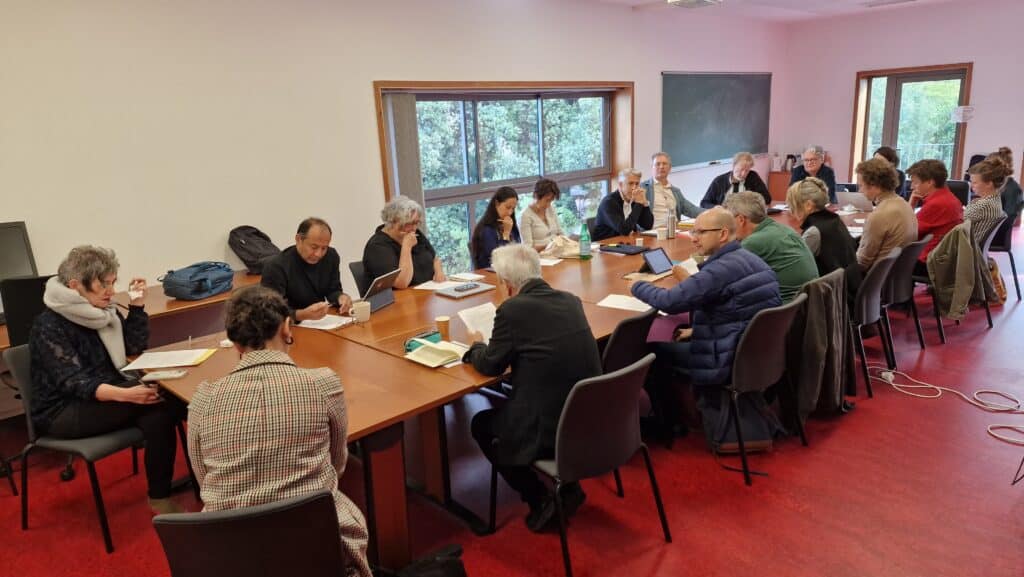
Discover more
Call for applications
The resident research fellowships offered by Iméra, Institute for Advanced Studies (IAS) of Aix-Marseille University, are aimed at experienced researchers – academics, scientists and/or artists. These research residencies are distributed over four programmes (“Arts & Sciences: Indisciplined Knowledge”, “Interdisciplinary Explorations”, “Mediterranean” and “Necessary Utopias”).

